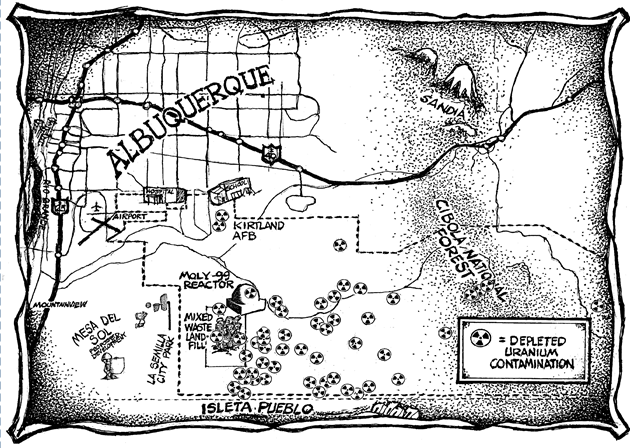
Clark University
Files
Download Full Text (9.4 MB)
Document Type
Report
Date
3-2006
Description
A Report by the Community-Based Hazard Management Program, George Perkins Marsh Institute, Clark University.
The health risks of exposure to low levels of ionizing radiation are disputed within the scientific community. Risks associated with exposure to high levels of radiation are widely accepted and well documented based primarily on the studies of the atomic bomb survivors in Nagasaki and Hiroshima. Some feel that the best way to estimate risk for low- level exposures is to extrapolate from higher doses, although there is some clear evidence of low-dose risk. In this overview we have attempted to give an unbiased summary of the available research with an emphasis on the lower doses. The strengths and weaknesses of the studies are explained in order to help assess the variety of sometimes conflicting evidence.
This research was completed money allocated during Round 6 of the Citizens’ Monitoring and Technical Assessment Fund (MTA Fund). Clark University was named conservator of these works.
If you have any questions or concerns please contact us at digitalrepository@clarku.edu
Publisher
Clark University
Format
Keywords
nuclear weapons, nuclear weapons testing, environment, non-governmental organizations, United States Department of Energy, tribal governments, environmental cleanup, radioactive fallout, radioactive waste
Rights
Copyright belongs to the authors. Clark University was chosen by the non-profit peace and environmental groups as the conservator of these reports; our right to distribute these works ensures they remain available to the public in perpetuity as intended. Reuse at your own discretion with with due deference to copyright holders.
Location
Worcester, MA
Recommended Citation
Clark University; Russ, Abel; Burns, Casey; Tuler, Seth; and Taylor, Octavia, "Health Risks of Ionizing Radiation: An Overview of Epidemiological Studies" (2006). Clark University. 5.
https://commons.clarku.edu/clark_mtafund/5



